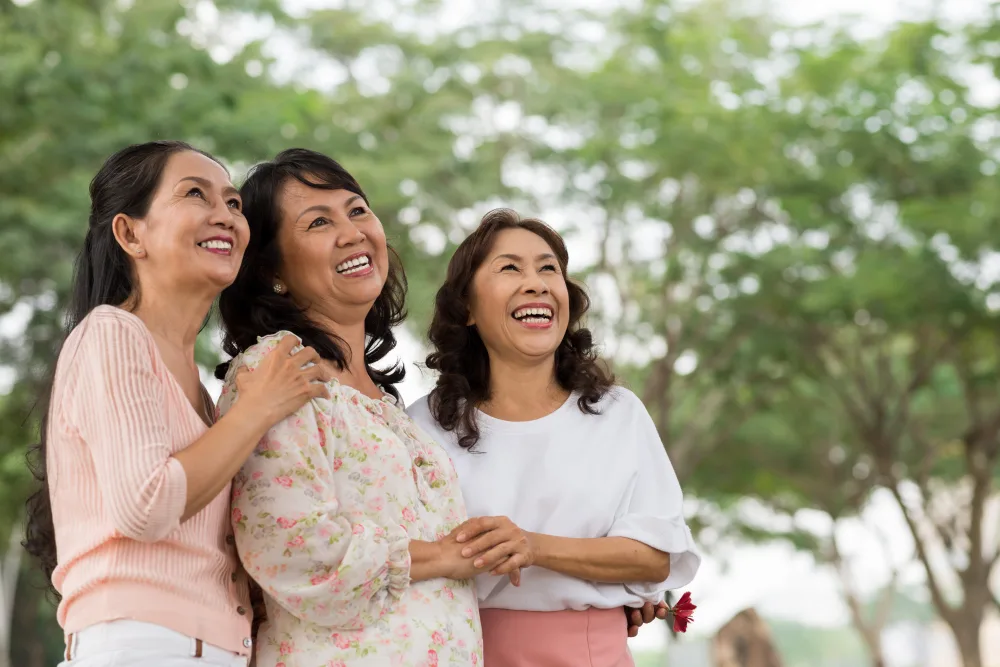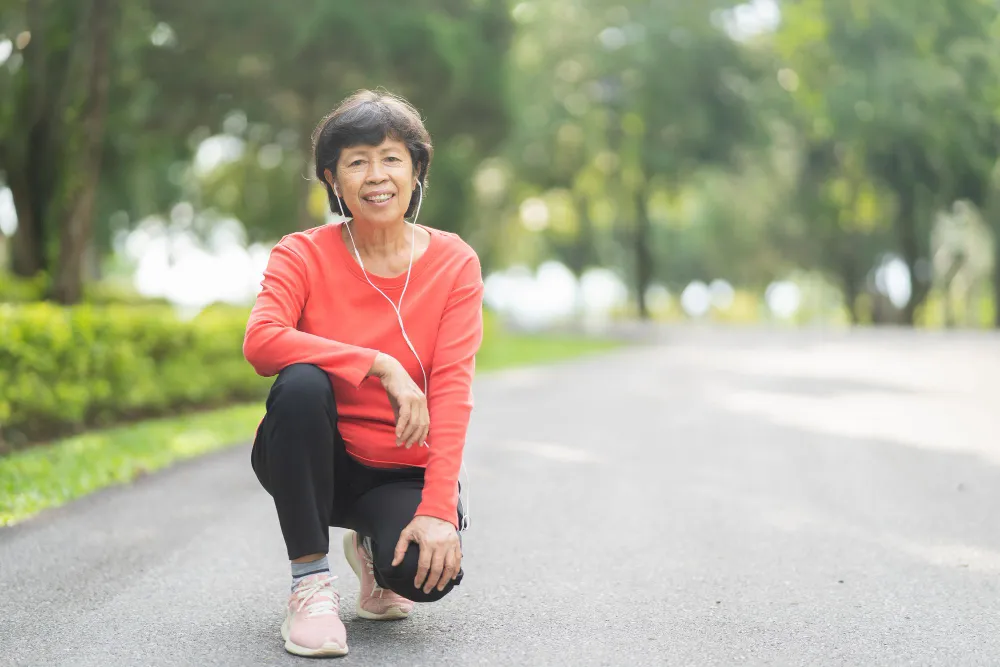Menopause
What is Menopause?
Menopause is a gradual, naturally-occurring process that happens when a woman’s menstrual periods have stopped for 12 months. Menopause marks the end of a woman’s reproductive lifespan. A woman is born with a fixed number of eggs in her 2 ovaries; with each menstrual cycle, the number of eggs declines and menopause occurs when there are no more useful eggs left in the ovaries. In women, menopause occurs at an average age of 51, but can happen anytime between 45 to 55 years of age.
This decline of hormones, which are released by the ovaries, begins a few years before the onset of menopause. This is known as the peri-menopausal period and it is characterised by common symptoms such as:
- Irregular menstruation (delayed or more frequent menstrual periods)
- Changes in period flow (lightening of periods or heavy bleeding)
- Increase in pre-menstrual symptoms (breast tenderness and swelling, bloating, water retention, headaches, mood swings, hot flushes and sleeping difficulties)
- Tiredness
- Poor concentration and memory loss
- Weight gain around the middle and hips
- Decline in libido
- Vaginal dryness
- Night sweats
These symptoms may last for several months or years until menopause is completely over. Menopause also increases the risk of chronic conditions such as heart disease or osteoporosis, due to the loss of protective effects by female hormones, which are significantly reduced during menopause.







